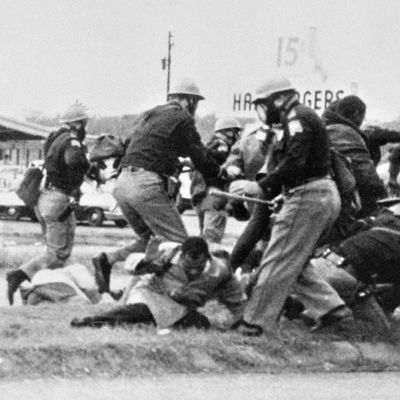
Sometimes legislation that’s not destined to be signed into law can send some pretty strong messages. Both major political parties arguably sent messages about their values in the House vote on HR1, the For the People Act.
This signature legislation had three major components: (1) tax credits and vouchers for voluntary donations to congressional candidates, and matching funds for candidates accepting spending limits, as one of the few avenues for campaign-finance reform left open after Citizens United; (2) lobbying and ethics reforms; and (3) the most extensive set of voting-rights guarantees in decades. Ari Berman explains the voting-rights provisions:
These include nationwide automatic voter registration, Election Day registration, two weeks of early voting in every state, an end to aggressive voter purging, funding for states to adopt paper ballots, the restoration of voting rights for ex-felons, and declaring Election Day a federal holiday. While states control their voting laws, Congress has the power to set voting procedures for federal elections.
The bill would also target partisan gerrymandering by requiring independent commissions instead of state legislatures to draw congressional maps.
Congressional Democrats are separately pursuing legislation to restore the “teeth” removed by the Supreme Court in 2013 from the Voting Rights Act of 1965 when it eliminated a requirement for “preclearance” of redistricting and election-procedure decisions by jurisdictions with a history of racial discrimination.
Aside from its scope, what’s most remarkable about HR1 is that every single House Democrat voted for it:
And every Republicans voted against it, which means the GOP is determined to use barriers to full participation in elections — along with related abuses like partisan gerrymandering and unregulated campaign spending — to maintain its competitive position, regardless of public opinion.
It’s quite a shift from how the two parties divided on the original Voting Rights Act, in which 61 House Democrats voted “no” while 112 House Republicans voted “yea.” As recently as 2006, George W. Bush signed a bill extending the VRA, including the key provision SCOTUS struck down seven years later. Full party polarization on voting rights is a very recent development.
The vote on HR1 should also provide something of a counterargument to all the recent “Democrats in disarray” story lines stemming from intraparty debates over socialism or Israel. No, the bill won’t even get a hearing in the Senate, where Mitch McConnell has denounced it as the “Democrat Politician Protection Act.” Mitch has a point: It might well help Democrats in the long run, for the rather honorable reason that they are defending rather than resisting the full expression of the popular will.






























